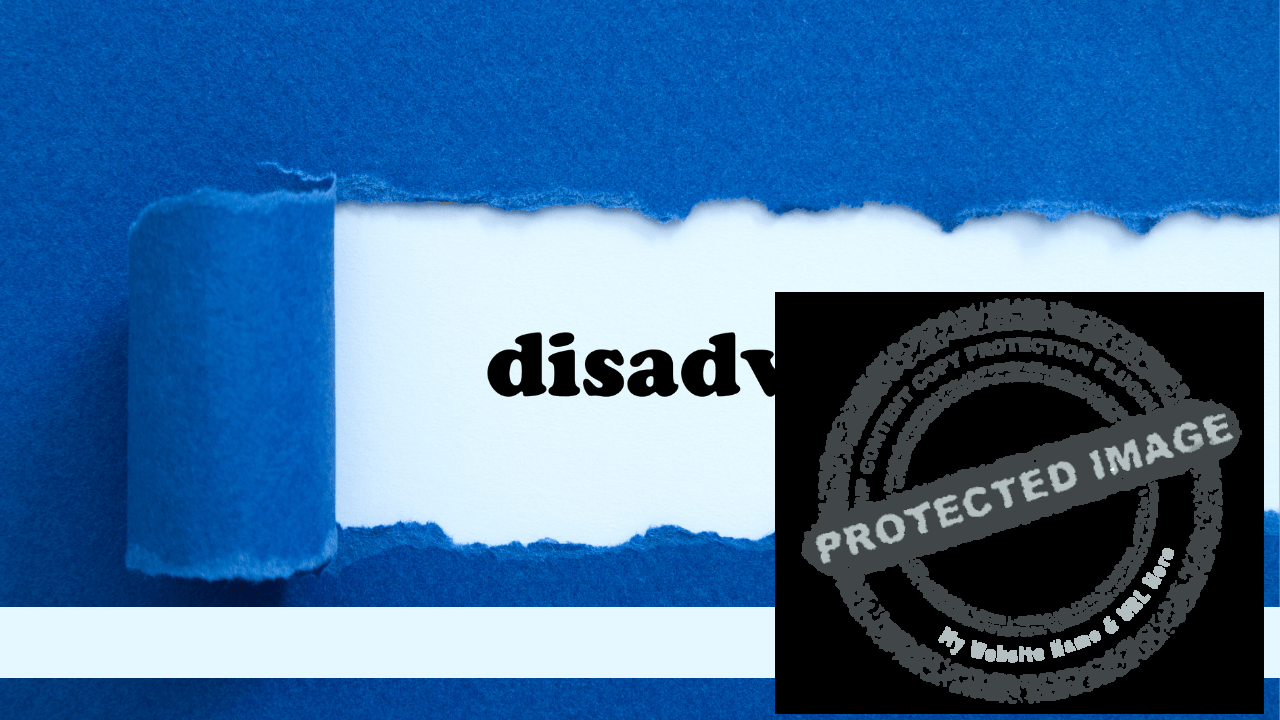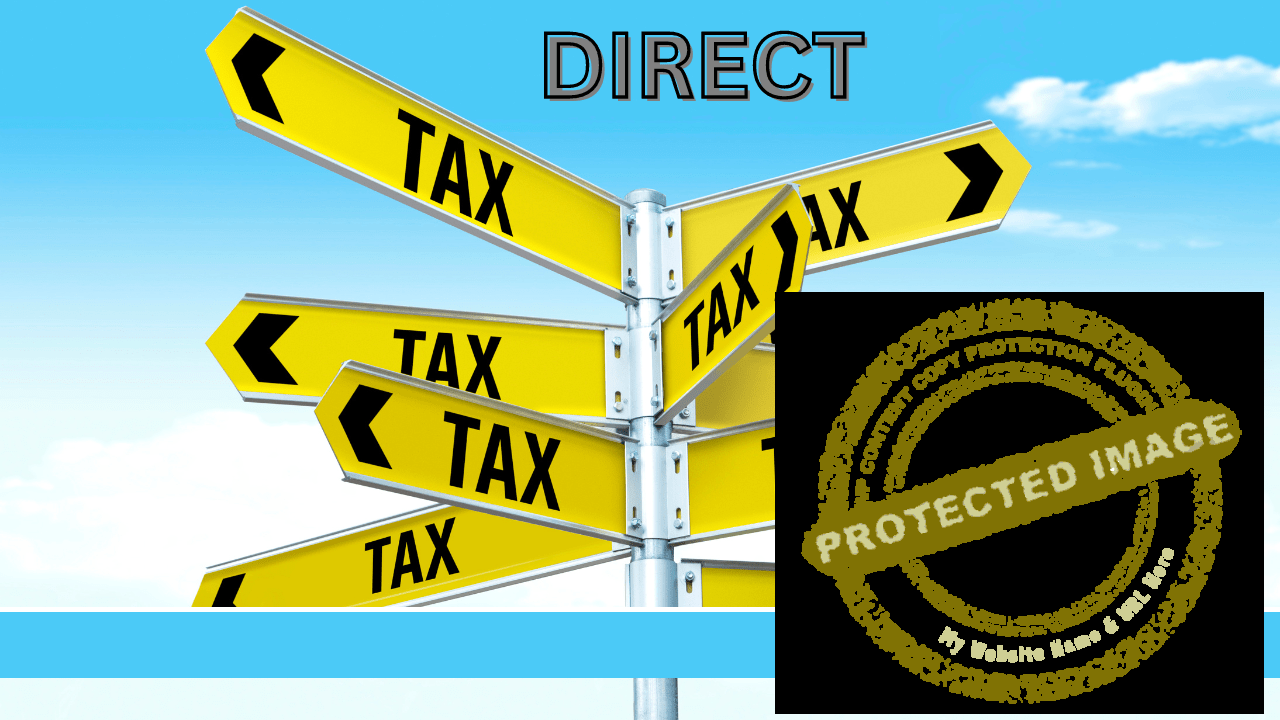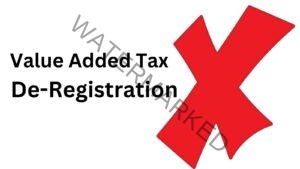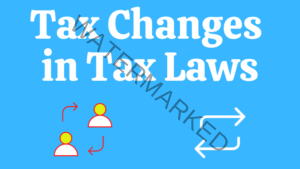In many countries, there is a direct link between direct taxes and the government. Governments correct taxes using various methods. The most popular methods of tax collection used are direct methods and indirect methods. These two methods give rise to direct and indirect taxes. The two types of taxes are based on impact and incidence.
The impact of tax is about who the tax is imposed on, while the incidence of tax is about the person who endures the tax burden. In some tax systems, the impact of tax and the incidence of tax are on the same person. However, in other tax systems, the impact of tax and the incidence of tax are on different people.
a. Affiliate Disclosure: These are affiliate links from which we receive a commission at no cost. Read full Affiliate marketing disclosure HERE.
b. Tax Contents Disclaimer: The tax industry in Kenya is very dynamic. The tax contents in the posts are not professional advice. Read full disclosure HERE.
What is a direct tax?
A direct tax is a tax where the impact and incidence are on the same person. This implies that the government imposes a tax on one person, and that person is also responsible for paying the tax. Hence, the tax is demanded from the person who is supposed to pay it. The tax burden cannot be transferred to another person.
For example, if the government sets up toll stations and decrees that every person who drives into Nairobi City will pay one hundred shillings as tax for road maintenance every Friday, all drivers into the city would be required to pay the tax without exception. Every Friday, on passing the toll stations managed by the government, the drivers would pay the one hundred shillings. That is a direct tax. The one hundred shillings were imposed on the drivers, and the drivers paid the tax directly to the government.
Examples of direct taxes
In every country, there are different types of direct taxes imposed by governments. The governments impose various direct taxes depending on their capacities to generate tax revenues and the ease of collecting them. The following are some examples of direct taxes that a government may impose:
- Corporate income taxes.
- Personal income tax.
- Capital gains tax.
- Rental income tax.
- Property taxes to the local authorities.
- Wealth taxes.
- Gift taxes.

What are the advantages of direct taxes for the government?
Like every tax system, direct taxes have several advantages. However, the advantages are not universal since what is an advantage in one country may be a disadvantage in another country. Direct tax advantages are specific to a country from a government perspective. The following are some of the advantages of direct taxes:
a. Equitable distribution of wealth
One of the responsibilities of democratic governments is to create an equitable society where the wealth gap is narrowed. One of the strategies used by most governments is the redistribution of wealth. Taxes are some of the instruments used to redistribute wealth in various countries.
In most countries, direct taxes are progressive, and they present the governments with the best avenue for wealth redistribution. In the progressive nature of taxation, the higher the income, the higher the tax rates; hence, the wealthy pay more taxes.
For example, in Kenya, PAYE for income up to kshs 147,580 per year is taxed at 10%, while income over kshs 564,709 per year is taxed at 30%. Besides, direct taxes are based on the canon of equity, where the tax burden is equitably distributed according to the ability to pay. Those with more money pay more taxes. Hence, direct taxes enable the government to fulfill one of its mandates of wealth redistribution.
b. Tax certainty
Direct taxes have advantages for the government in that there is certainty in the amount of tax to be collected, the time to collect the tax, and the manner of collecting the tax. The government has already set up systems to ensure certainty.
For example, using previous data, the government can approximate with certainty the amount of tax to expect from direct taxes. There are specific dates to remit the tax to the government, such as the 9th of the following month for PAYE and 100% personal and corporate income tax by the end of the year of income.
Besides, the taxes are paid to the accounts of KRA in certain commercial banks. This certainty enables the government to budget and plan adequately throughout the financial year.
c. Inexpensive to collect
The taxpayers will determine the tax payable and possibly remit the tax. The tax officer’s role is to check whether the self-assessments are correct and follow up on the collection of any tax amounts not remitted. Besides, the taxpayers remit the tax directly to the government and not through any third party, such as appointed tax agents.
Direct taxes are some of the most cost-effective taxes in terms of tax collection. Comparing the amounts of taxes collected, the cost of tax collection is low. For instance, a single tax officer can manage thousands of income tax self-assessments, especially when using information technology.
d. Not fixed but flexible
Direct taxes are not fixed but flexible. This enables the government to either decrease or increase the tax rates according to the conditions in the economic environment and the country. For example, during periods of war, natural calamities, emergencies, or any other situation that would require more tax revenue, the government can increase the tax rates to boost tax revenues to cater for the extra expenses.
Besides, during periods of economic depression or severe inflation, the government can reduce tax rates to minimize people’s suffering. For example, on January 1, 2017, the PAYE tax bands were revised to caution low-income earners.
e. Rarely opposed
Sometimes taxpayers oppose tax systems by rioting, picketing, and engaging in all manner of activities. One of the methods to determine whether a tax system is desirable is to check whether it faces opposition from the population. In most countries, direct taxes rarely face opposition from citizens. It is the higher brackets of tax rates that are increased, and they mostly affect the few wealthy taxpayers who will never riot.
Therefore, the majority of the citizens are aware that the few wealthy will pay more taxes. Hence, the majority of the citizens will not have any motivation to oppose direct taxes. They will accept it as a justification for exploitation by the wealthy. Therefore, this lack of opposition to the tax system is an advantage to the government. Hence, direct taxes meet the requirements of the canon of desirability.
f. Increases government accountability
Direct taxes create engagement forums between the citizens and the government. Since the government is aware that many people are paying taxes and direct taxes create awareness of tax payments, the government anticipates questions from the citizens on the use of the taxes collected.
The government will be faced with questions on how it is facilitating the re-distribution of wealth and reducing economic inequalities in the country. Hence, the government will be more accountable to the citizens and cannot afford to mess around with tax revenues.
g. Productive
Direct taxes rely on the number of taxpayers. It is anticipated that the higher the population in the country, the higher the amount of direct taxes that the government will collect. For example, when the population is high, there will be more people employed, hence more employment taxes.
Besides, there will be more people who want to go into business; hence, there will be more people paying business income taxes. For example, with the rising Kenyan population and lack of formal employment, it is expected that more people will start small businesses and thus pay more turnover tax.

What are the disadvantages of direct taxes?
Direct taxes have disadvantages too. The disadvantages make direct tax collection difficult. The following are some of the disadvantages of direct taxes for the government:
a. Tax system depends on the taxpayer's honesty
In most cases, the taxpayer must make a self-assessment of the amount of tax that they should pay within set guidelines. The government assumes that the taxpayer will be honest and declare and remit the correct amount of tax.
It should be noted that not all human beings are honest, and some taxpayers will not declare the correct amount of tax and remit it to the governments. This reliance on taxpayer’s honesty is a disadvantage to the government.
b. Encourages tax evasion
In most cases, taxpayers have the responsibility of paying their taxes directly to the government. For example, in payment of business income tax such as the tax on rental income and turnover tax (TOT), the taxpayers remit the tax directly to the government. This means that taxpayers are personally responsible for paying the tax directly to the government.
Since paying the taxes is painful, many taxpayers do not like paying them. They evade making the tax payments or pay the wrong tax amounts. This results in a loss of tax revenues. Hence, direct taxes encourage tax evasion because of the pain they inflict on the taxpayer.
c. Not imposed on everybody
In every country, not all citizens pay direct taxes. Direct taxes are only paid when one earns an income, and not everybody earns an income. For example, unemployed people do not pay any taxes. Besides, low-income earners with incomes below a certain threshold are not taxed.
However, when providing social amenities such as education and medical services, the government does not discriminate based on who pays tax and who does not. Every citizen enjoys social amenity, irrespective of whether they pay indirect taxes or not.
d. Discourages investments and savings
The progressive nature of direct taxes may discourage investments and savings. When taxpayers are aware that the more income they earn, the higher taxes they will pay, they will not be motivated to invest or save. The investors will only invest in the income that they will require. Besides, the interest that one earns is taxed. Hence, people are discouraged from saving.
e. Discourages production
Setting up industries requires a heavy capital outlay initially. In subsequent years, there is also a need for capital before production stabilizes. However, when profits are made, they are subjected to direct taxes, which the industries must pay.
Direct taxes can discourage industrial production since part of the profits generated must be paid to the government as direct taxes. The production of goods is foregone at the expense of paying direct taxes.
Therefore, any government will determine the advantages and disadvantages of direct taxes before imposing them. However, governments keep on reviewing the economic, political, and social situations regarding the productivity of taxes and the ease of collecting them and making the necessary amendments.
Thank you for reading the article.
Feel free to send us questions or topics on tax and investments in Kenya that you would like covered on this website at taxkenya@gmail.com.
Dr. Wakaguyu Wa Kiburi.








